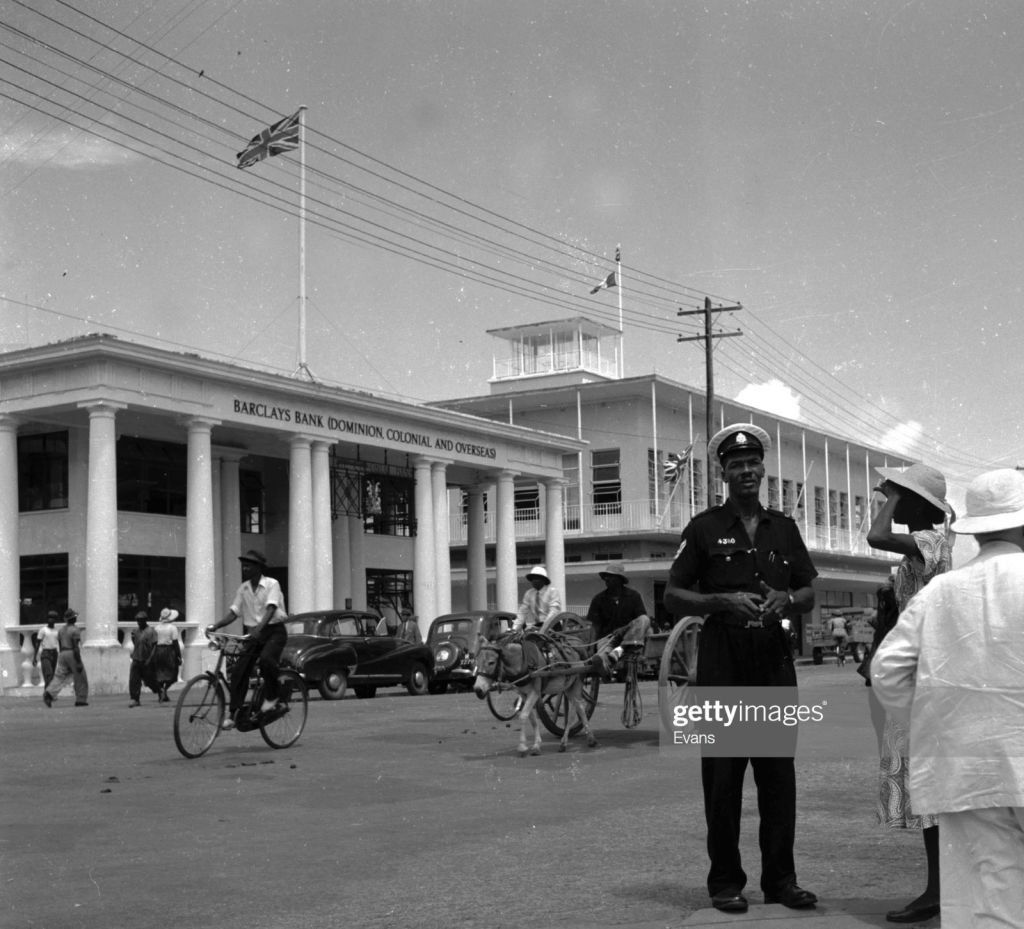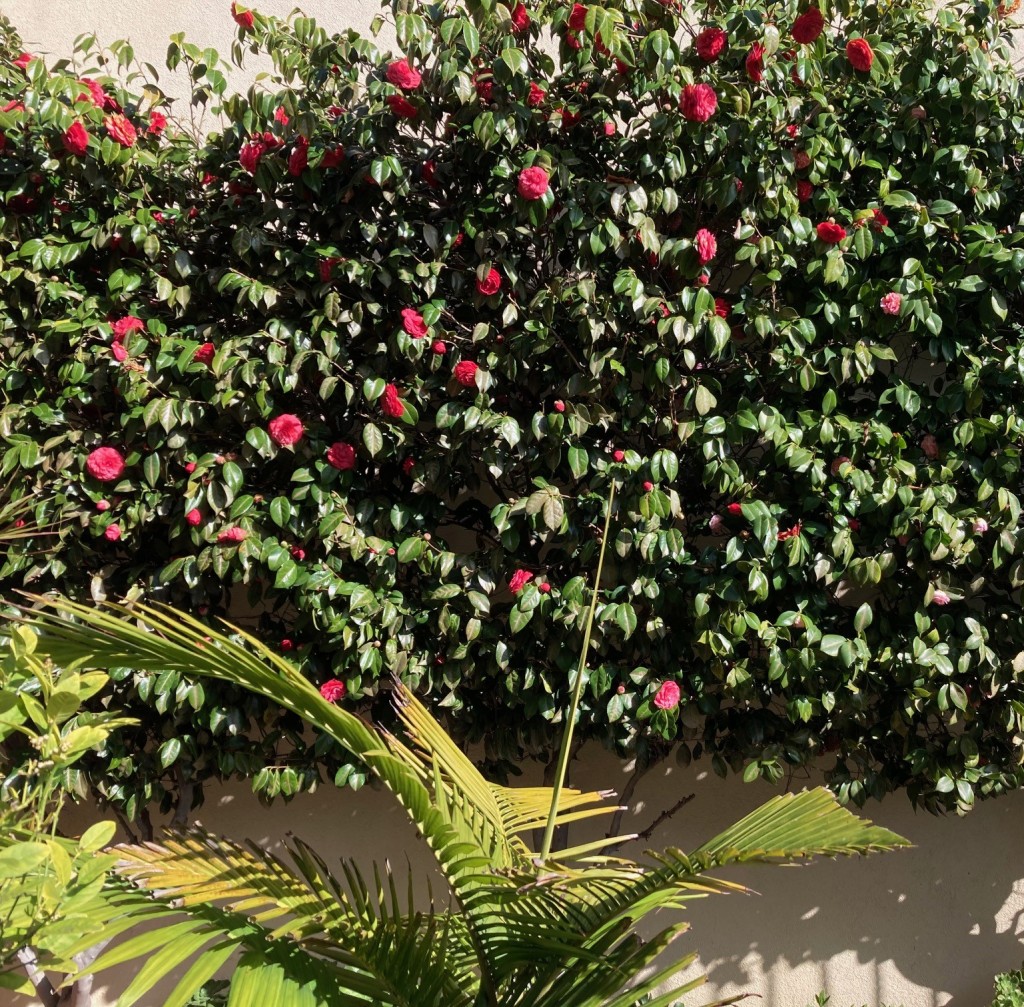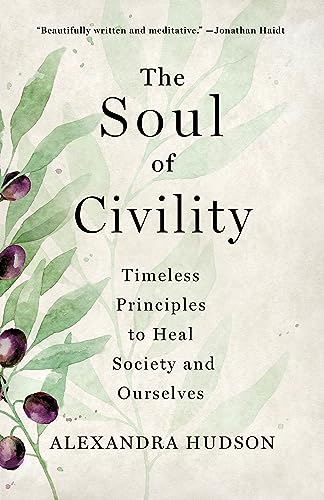The first indication that something was brewing came from a close friend in San Francisco. She called asking if I had just sent her an email inviting her to some special dinner event.
“No,” I told her, puzzled.
“I knew it!” she said. “I told [name of husband] not to click on the link.”
We chatted about this strange situation.
“A couple days ago, I received a dinner invitation on Facebook from a writing friend,” I told her. “It seemed odd; I didn’t click on the link.”
After ending our call, I accessed the said email account. I was surprised to see the warning: Your account may be compromised. We recommend that you change your password. I did so, immediately.
How had someone gained access to my email account without my knowledge? I prayed that no one on my contact list had fallen for the scam. Surely, they must know that I wouldn’t ask them for money.
Continue reading













